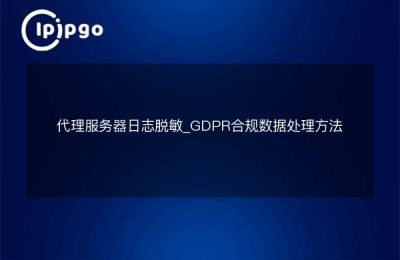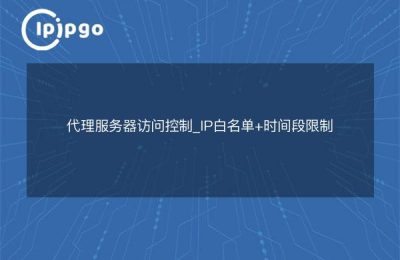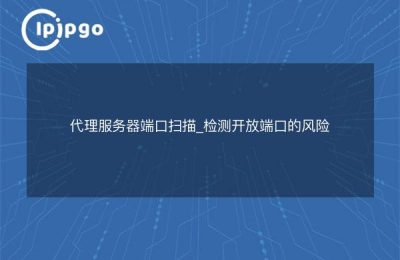
A private proxy server, also known as a dedicated proxy server, is a web technology tool that can offer many advantages to users. However, as with any technology tool, private proxy servers have some drawbacks. In this article, we will delve into the pros and cons of private proxy servers.
Pros:
Privacy Protection: Private proxy servers can effectively protect users' privacy. By hiding the user's real IP address, private proxy servers can prevent users from being tracked and located, thus protecting personal privacy.
Encrypted Communications: Private proxy servers can provide encrypted communications to ensure that users cannot steal or listen in on data transmission over the Internet. This encrypted communication is essential to protect sensitive information.
Access Restrictions: Private proxy servers help users bypass geolocation restrictions and network censorship. Users can access blocked or restricted websites and content through private proxy servers for a more free web experience.
Security: Private proxy servers usually have higher security compared to public proxy servers. Users can better control the access rights and security settings of the server, reducing the risk of hacker attacks.
Speed and Performance: Private proxy servers usually provide a more stable and faster network connection. Users get better network performance and responsiveness because resources are not shared by other users.
Drawbacks:
Costly: Building and maintaining a private proxy server usually requires a high cost investment. This involves expenditures on hardware equipment, software licenses, network bandwidth, etc., which may not be practical for individual users.
Technical Requirements: Using a private proxy server requires a certain level of technical knowledge and ability. Users need to have knowledge of network configuration, security settings, etc., otherwise they may not be able to set up and use the private proxy server correctly.
Single Point of Failure: A private proxy server is a single point of system, and if the server fails or suffers an attack, it may prevent users from accessing the Internet normally. This single point of failure can have serious implications.
Privacy Risks: While private proxy servers can protect user privacy, they may instead pose privacy risks if not properly configured or managed. For example, logging, data leakage, and other issues may be detrimental to users.
To summarize, private proxy server has many advantages such as privacy protection, encrypted communication, access restriction, security, and speed and performance enhancement. However, it also has some drawbacks such as high cost, high technical requirements, single point of failure risk, and privacy risk. Therefore, when choosing whether or not to use a private proxy server, users need to weigh the pros and cons and make a decision based on their individual needs and actual situation.








